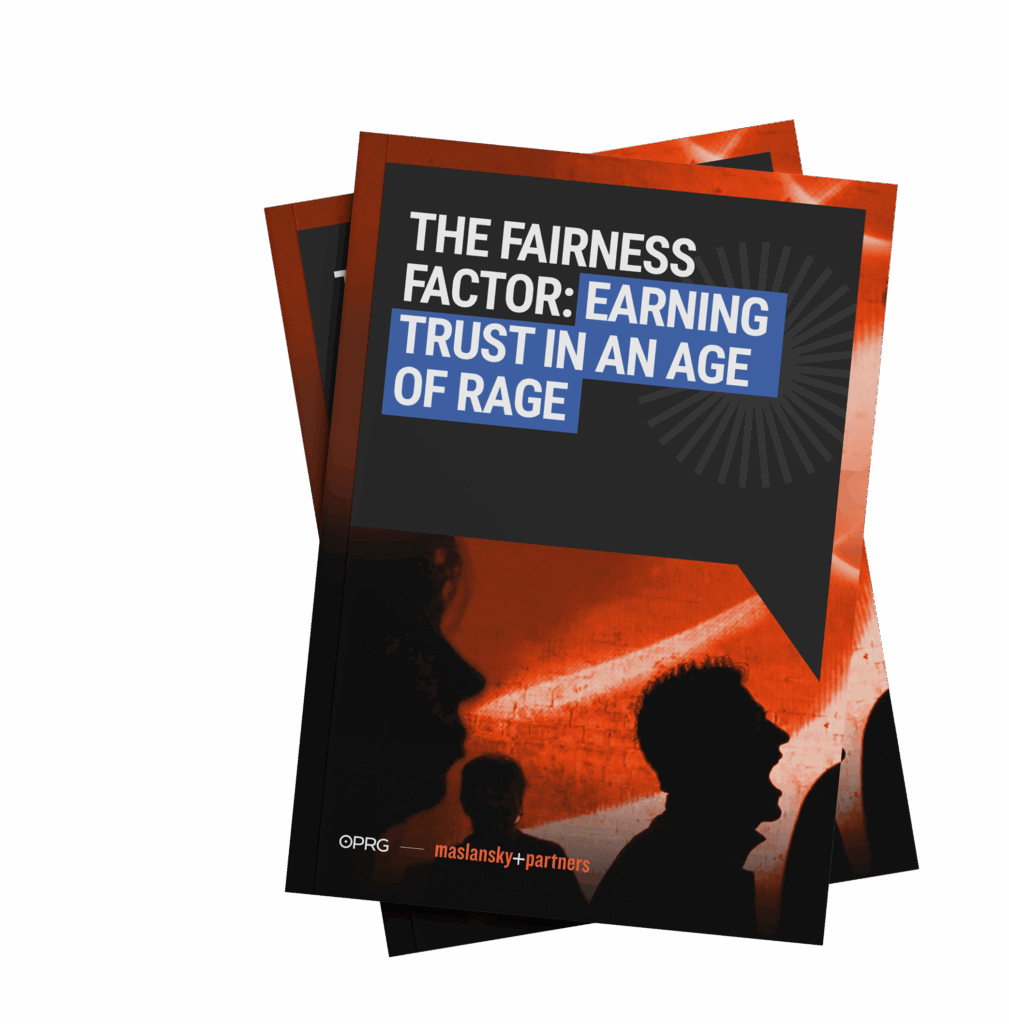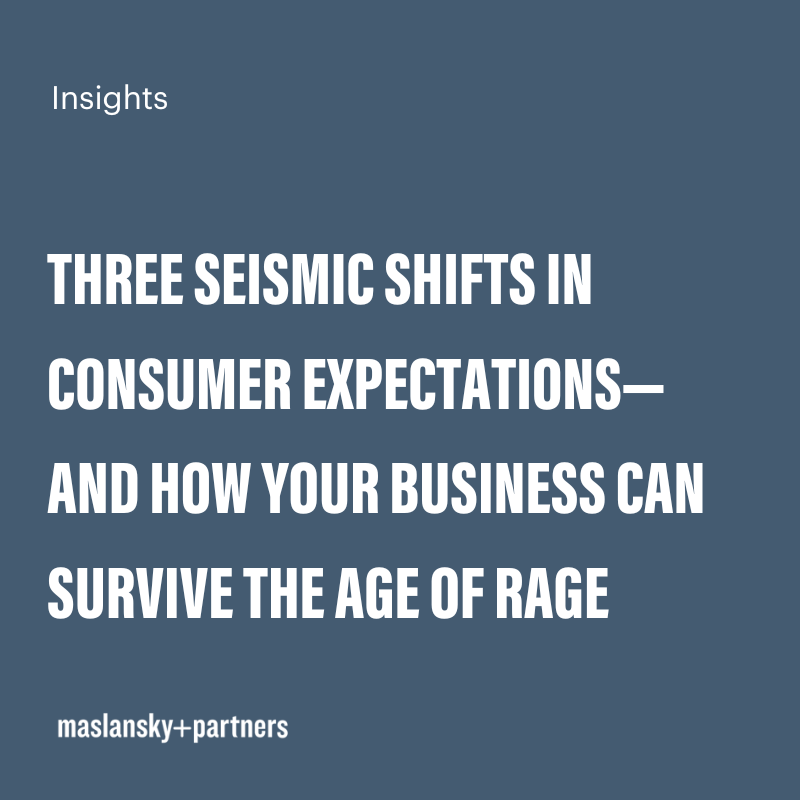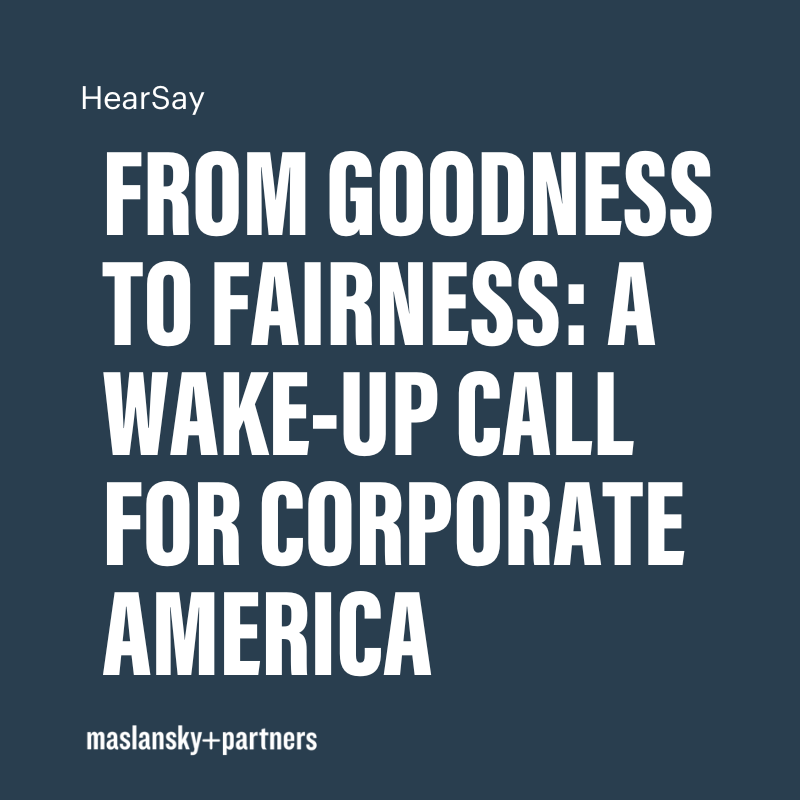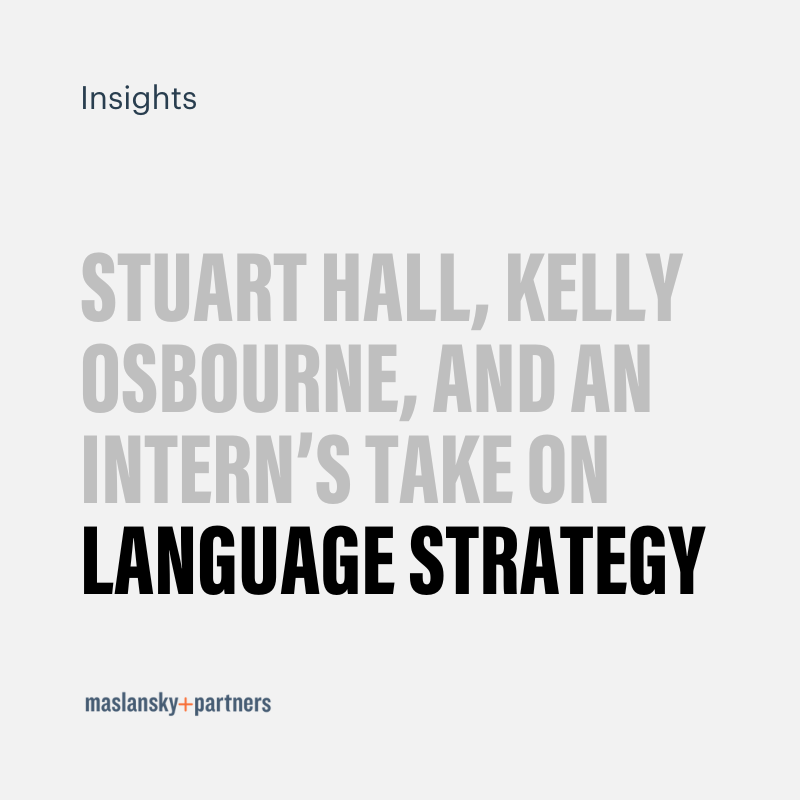The Stakes Have Never Been Higher: Why Pharma Must Rethink Reputation—Now

Let’s get one thing straight: If you’re in pharma communications and you think you’re in the business of “building trust,” you’re already behind. The game has changed. The rules have changed. And the stakes? They’ve never been higher.
We’re not living in the “post-trust era.” We’re living in the age of rage. And if you think that’s just a clever turn of phrase, you haven’t been paying attention. It’s real and it’s visceral.
Here’s the uncomfortable truth: When it comes to pharma, people aren’t just skeptical—they’re convinced the deck is stacked against them. Our latest research (“The Fairness Factor”) makes it clear: among all the industries we tested, pharma ranks near rock bottom for trust, second only to health insurance. And this cynicism isn’t a partisan reflex—it’s bipartisan, nearly universal.
But what’s most striking? People don’t just distrust pharma. They see an industry that, more than most, treats them unfairly—consistently, not occasionally. Pharma scores near the top for how often people feel slighted or shortchanged.
And when people believe the game is unfair, they don’t want to hear about your ESG initiatives, your “goodness,” or your latest feel-good campaign. They want to know why their kid’s insulin costs more than their mortgage. They want to know why CEOs get bonuses while patients get bills.
This isn’t about trust anymore. It’s about fairness. And fairness is visceral. It’s primal. Ask any six-year-old who’s been told “life isn’t fair.” The tantrum that follows? That’s what you’re up against. Except now it’s millions of adults, and they’re not just stomping their feet. They’re voting, tweeting, and demanding change.
Pharma’s Reputation Playbook Is Broken
For years, we told ourselves that if we just did enough good—donated enough, sponsored enough, talked enough about “purpose”—we’d win people over. But here’s the rub: Society has already decided pharma is “bad.” You’re not on a first date. You’re trying to win back an ex who’s convinced you’ll never change.
And the more you talk about your “goodness,” the more people roll their eyes. Why? Because the basics are broken. The price at the pharmacy counter keeps going up. The fine print keeps changing. And every time you tout a global vaccine initiative, someone asks, “Why not fix things here first?”
The Rise of MAHA: Pharma’s Newest—and Most Relentless—Critic
If you think the biggest threat to pharma’s reputation is a handful of angry tweets or a bad news cycle, you’re missing the real story. There’s a movement growing—louder, more organized, and more influential by the day. It’s called MAHA: Make America Healthy Again. And what started as a fringe group is now mainstream, packing a punch with their influence and reshaping the conversation around healthcare.
MAHA isn’t just a hashtag or a protest sign. It’s a groundswell of parents, patients, and everyday people who believe pharma is in the business of sickness, not health. And here’s the twist: this isn’t about anti-science. Most of these critics don’t distrust science. They distrust your science. They’ve seen too many recalls, too many price hikes, too many stories of side effects swept under the rug. They feel burned. And now, every claim you make is scrutinized, every ingredient questioned, every new approval met with suspicion.
Think about it: The narrative isn’t “pharma saves lives.” It’s “pharma profits from keeping us sick.” “They’re hiding something.” “They’re pushing drugs we don’t need, at prices we can’t afford, with risks they won’t admit.” And it’s not just talk. It’s action: boycotts, lawsuits, grassroots campaigns, and a relentless demand for transparency.
If you want to understand the stakes, look no further than vaccine hesitancy. It’s not just about misinformation. It’s about a fundamental lack of faith in the motives behind the medicine. Every ingredient is scrutinized. Every side effect is amplified. Every reassurance is met with, “Why should I believe you?”
This is the new reality. And it’s not going away. The MAHA movement—and everything it represents—demands a new approach. Not more “good stuff.” Not more glossy campaigns. But a radical return to fairness, transparency, and the basics of what people expect from those entrusted with their health.
The Financial Industry’s Redemption—And the Hard Lesson Pharma Must Learn
Let’s rewind to 2008. Remember the financial crisis? Banks were public enemy number one. “Vampire squids,” the headlines screamed. Congressional hearings, angry mobs, Occupy Wall Street. If you worked in financial services, you were lucky if people didn’t cross the street to avoid you.
And here’s the kicker: We were there. At maslansky + partners, we sat in those boardrooms. We listened as bank executives insisted the way out was to talk about all the “good stuff” they were doing. Community grants. Museum sponsorships. Volunteer days. “If people just knew how much we care, they’d trust us again,” they said.
They couldn’t have been more wrong.
We showed them the data. We ran the focus groups. And what we heard was crystal clear: No one cared about the good stuff. In fact, every time a bank bragged about sponsoring a museum while foreclosing on someone’s home, it made people angrier. It wasn’t just tone-deaf—it was gasoline on the fire.
Imagine telling someone who just lost their house, “But look, we’re letting kids into the MoMA for free this weekend!” The disconnect was infuriating. The message wasn’t “we care.” The message was, “we’re out of touch.”
So we pushed them to do the opposite of their instincts. Stop talking about the good stuff. Start fixing the basics. Get back to what people expect from a bank: fair fees, clear terms, reliable service, no surprises. We helped them craft a new narrative; one that acknowledged the pain, focused on transparency, and rebuilt trust one small, tangible step at a time.
It wasn’t glamorous. It wasn’t headline-grabbing. But it worked. Over time, as banks stopped trying to win a popularity contest and started delivering on the fundamentals, trust began to return. Today, financial services is the top-ranking industry sector in reputation—a turnaround that would have seemed impossible a decade ago.
Here’s the lesson for pharma: If you think you can talk your way out of a fairness crisis with “good stuff,” you’re making the same mistake the banks did. And the backlash will be just as fierce.
Five Provocative Shifts for Pharma Communicators
- Speak fairness, not goodness.
73% of Americans would rather hear “we treat you fairly” than “we care about you.” Caring feels hollow. Fairness feels actionable. - Prioritize patients over causes.
“Patient-centric” isn’t a tagline. It’s a mandate. Every dollar, every decision, every message should answer: “How does this make things fairer for patients?” - Universal benefits, not targeted programs.
Don’t talk about what you’re doing for “underserved populations.” Talk about equal access for all. It’s not about changing what you do—it’s about changing how you talk about it. - Fix the small injustices.
The rage isn’t about your CSR report. It’s about the $600 copay that was $50 last month. The surprise bill. The fine print. Fix those, and you start to rebuild trust. - Make it personal—for real.
Don’t promote “digital rights.” Promise “your data stays secure.” Don’t talk about “community impact.” Talk about “your family’s access to care.” Bring it back to the individual, every time.
A New Opportunity
The real opportunity? Establish a new framework—one rooted in fairness, not just aspiration. Investors will love it. Patients will notice it. And, most importantly, it’s the only way forward.
The Bottom Line
Pharma’s reputation crisis isn’t about trust. It’s about fairness. And until we start talking—and acting—like we get that, nothing else matters. The world doesn’t want to hear how good you are. They want to know you’re finally playing fair.
If you’re ready to stop playing defense and start leading, let’s talk. At maslansky + partners, we’ve done the research. We know what works. And we can help you turn the age of rage into an age of real, earned respect.Because in this moment, reputation isn’t just a nice-to-have. It’s your license to operate. And the stakes have never been higher.

If you’re responsible for shaping messages, building trust, or protecting your brand, you need a new playbook. Download our “Fairness Factor” guide for critical insights on how to connect with your audiences in this volatile environment… how to treat customers fairly… and what language and strategies will resonate most effectively.








